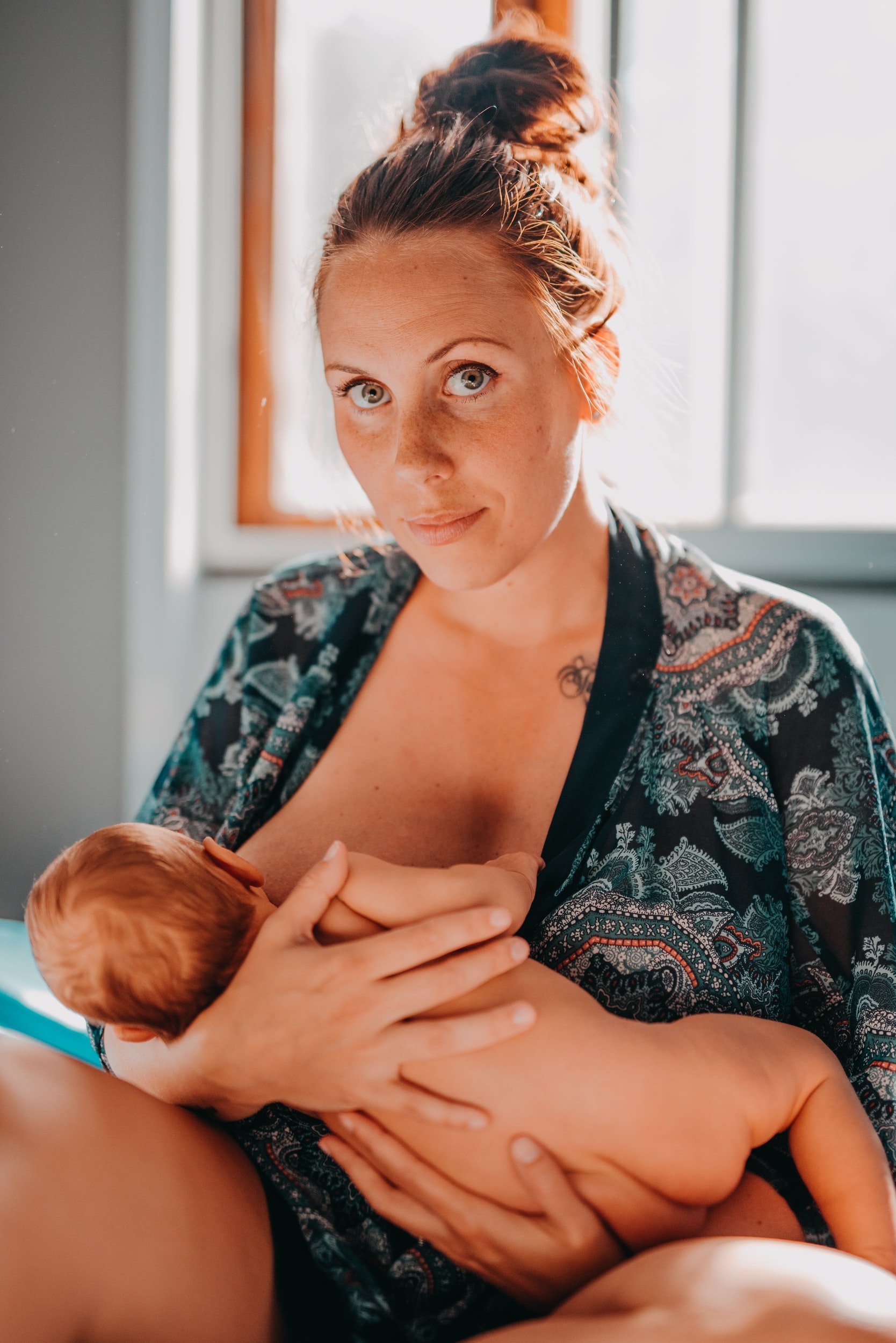Overnight Care
Are you expecting a newborn and are a first time parent or caregiver?
Do you already have children and know sleep deprivation takes its toll on your physical and emotional well being?








Overnight care might be for you!
What Does a typical shift look like?
Care is available up to 5 nights per week on Sundays, Mondays, Tuesdays, Wednesdays and or Thursday nights. Shifts begin at 10:00pm and end at 6:00am.
Upon arrival to the home I wash my hands, and chat with caregivers to answer a few questions.
It can be as (seemingly) simple as “ How do I change a diaper” to
“ How can I manage feeding newborn twins on my own, especially at night!?”
Expecting person discussing due date with Doula / NCS
After giving some guidance, we discuss how the feedings will be handled that night. I have families that exclusively breast / chest / body feed and have me bring babies to them when they show hunger cues. Sometimes the lactating person decides to pump overnight and therefore I will feed the baby/ babies with pumped milk in bottles, or I will bottle feed them formula.
I make sure the environment is conducive for sleep (including lighting and temperature) and either feed if hungry, or put baby or babies down for a rest before the next feed.
After a few hours, I either feed them myself, or gently wake whomever is feeding them that night. I will work on a routine that is in coordination with your health care team- typically feeding every 2-4 hours. I have worked with many preemies with various needs and will make sure they are receiving adequate ounces in a 24 hour period. They are changed if needed and put back down, and the cycle repeats.
I wash pump parts and or bottles from my shift before resting.
In the morning, I give a recap in the app of the night, can chat with caregivers again before leaving, or I bring the babies or monitor to the caregivers room.
Working Together
Responding to babies needs is very important. Learning what their movements, facial expressions and sounds mean makes life easier. Families are often able to get into a routine faster than without overnight help from a Newborn Care Specialist. I prefer to meet when baby is up to around 34 weeks weeks gestation. This gives time to meet prenatally, and set up an estimated start date. Some contact when baby is 3- 4 weeks old, and caregivers know they would benefit from additional help. Sunday night is a very popular shift so one or both caregivers can rest before working on Monday.
Do you know your ABC’S?
The first few nights are centered around creating a safe sleep environment, safe sleep habits
as outlined by the AAP (American Association of Pediatrics)
A- Alone, B-Back, C-Crib and creating a routine that works for your family.
I often work on swaddle / sleep sac transition. (Zipadee Zip is a client favorite). If babies needs are met, there is potential of sleeping longer stretches without the need for intervention. “ Sleeping through the night” is going through several sleep cycles and without a feed for a 6 hour stretch. With a typical “bedtime” of 7pm to 8 pm, that means a feed at 6pm and another feed at midnight, and again at 3am or 4am. If sleeping through the night or getting more than 5 hours of sleep per night is important for you or your partner, overnight care might be for you.
What are some of the benefits of having overnight care?
Everyone getting more sleep, reassurance and education about typical newborn behaviors, being taught to read babies’ hunger and sleep cues and much more!
Families are able to EBF (exclusively breast feed), pump, formula feed or a combination with overnight help.
Having a newborn specialist can help you get an average of 2.5 to 3.5 hours more sleep per night. During the first year, caregivers typically lose about 1,000 hours or 1/3 of their sleep. Having twins on average adds another 75 hours of lost sleep. Sleep is as important for new parents as it is for babies.
What’s included?
20-30 minute consultation (FREE)
Private in-home newborn education
In home overnight care, up to five nights per week, eight hour shifts
Feeding support for those that are breastfeeding, chest feeding, body feeding directly and or giving baby/ babies pumped or donated human milk
Bottle options, assembly, nipple flow rate, responsive feeding and cleaning tips
If using … education on the different forms of formula such as: sterile single serve bottles, ready-to-feed, concentrate & powdered formulas
If using… bottles and pump parts washed
Unlimited message support during the contract
The feeling of knowing someone is in your corner during this new, exciting and sometimes nerve wracking time!
NEW FOR 2022-
Cash registry streamlined to get new families the best gift- help! before, during and after birth
Giving your baby/babies the best start by hiring a professional is an investment in their future, and yours. Having family and friends donate funds towards my fee is a great way for them to be involved. Whether they are able to be present physically or not, they can help get you the physical & emotional support you deserve.
“I think that is the most sleep I’ve had in MONTHS! I feel like I could get so much accomplished right now”







